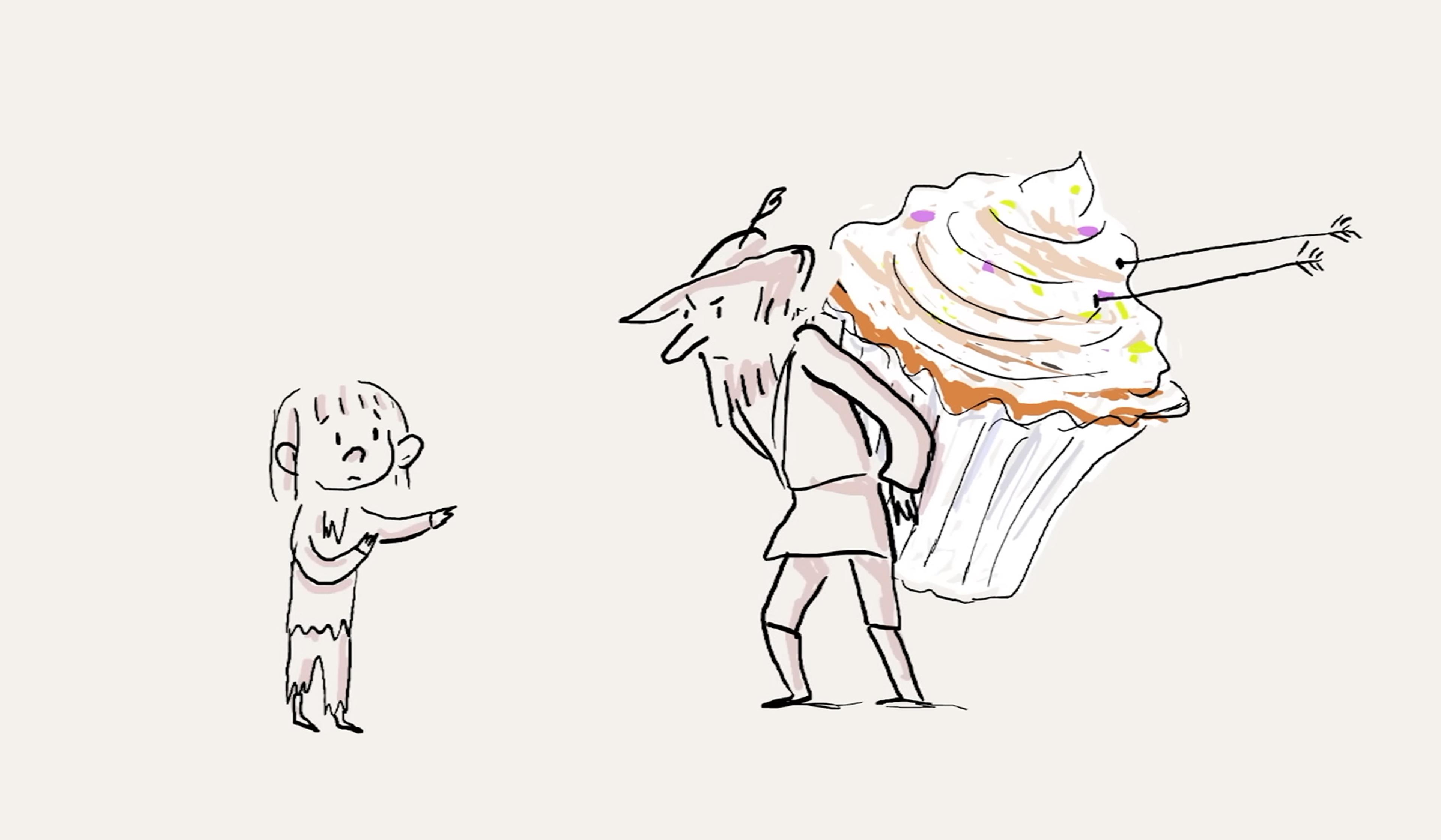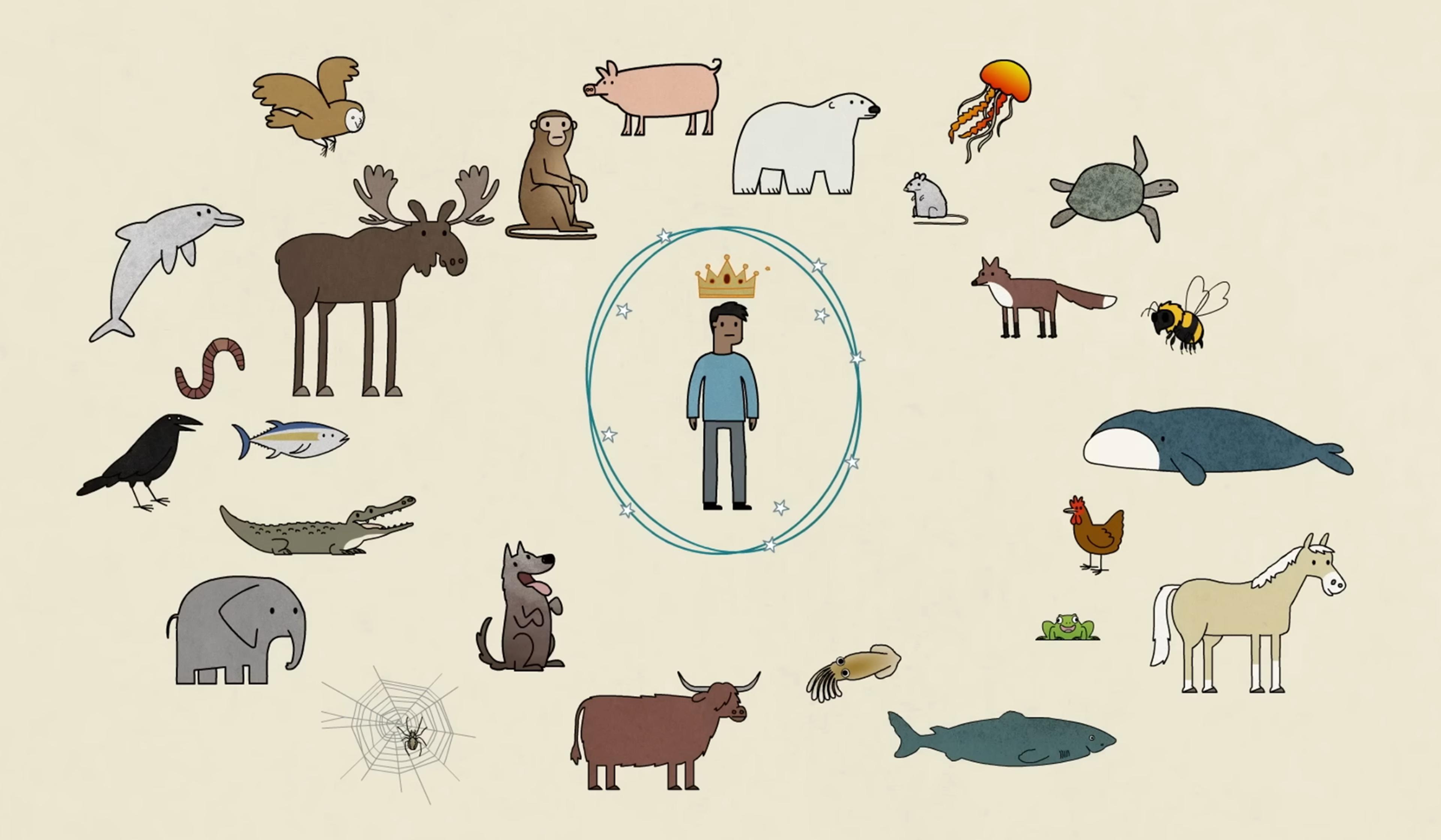When, exactly, did ‘survival of the fittest’ become synonymous with Machiavellian selfishness? According to the late UK philosopher Mary Midgley (1919-2018), conflating evolution with a ‘dog-eat-dog’ understanding of human nature was hardly born of Charles Darwin himself, who, in his writings, expressed how traits such as morality and communality were vital to our species’ survival. In this 2010 lecture at the Royal Society for Arts, Manufactures and Commerce (RSA) in London, Midgley explores ideas from her book The Solitary Self: Darwin and the Selfish Gene (2010) to discuss how frameworks of individualism have developed over the past several centuries. Ultimately, she argues, contemporary understanding of the self needs to be rescued from the culturally dominant clutches of Richard Dawkins’s The Selfish Gene (1976), which offers a misleading and perhaps even fatalistic view of human nature.
The self is not always selfish: Mary Midgley takes on Richard Dawkins
Video by the RSA
12 October 2020

videoSocial psychology
Don’t misread Darwin: for humans, ‘survival of the fittest’ means being sympathetic
5 minutes

videoEthics
For Iris Murdoch, selfishness is a fault that can be solved by reframing the world
6 minutes

videoVirtues and vices
Why Jean-Jacques Rousseau and Adam Smith were divided on the virtues of vanity
5 minutes

videoEvolution
How – and how not – to think about the role randomness plays in evolution
60 minutes

videoCosmopolitanism
Is the introspection of self-help and therapy hurting our ability to empathise?
10 minutes

videoConsciousness and altered states
It’s impossible to see the world as it is, argues a cognitive neuroscientist
40 minutes


